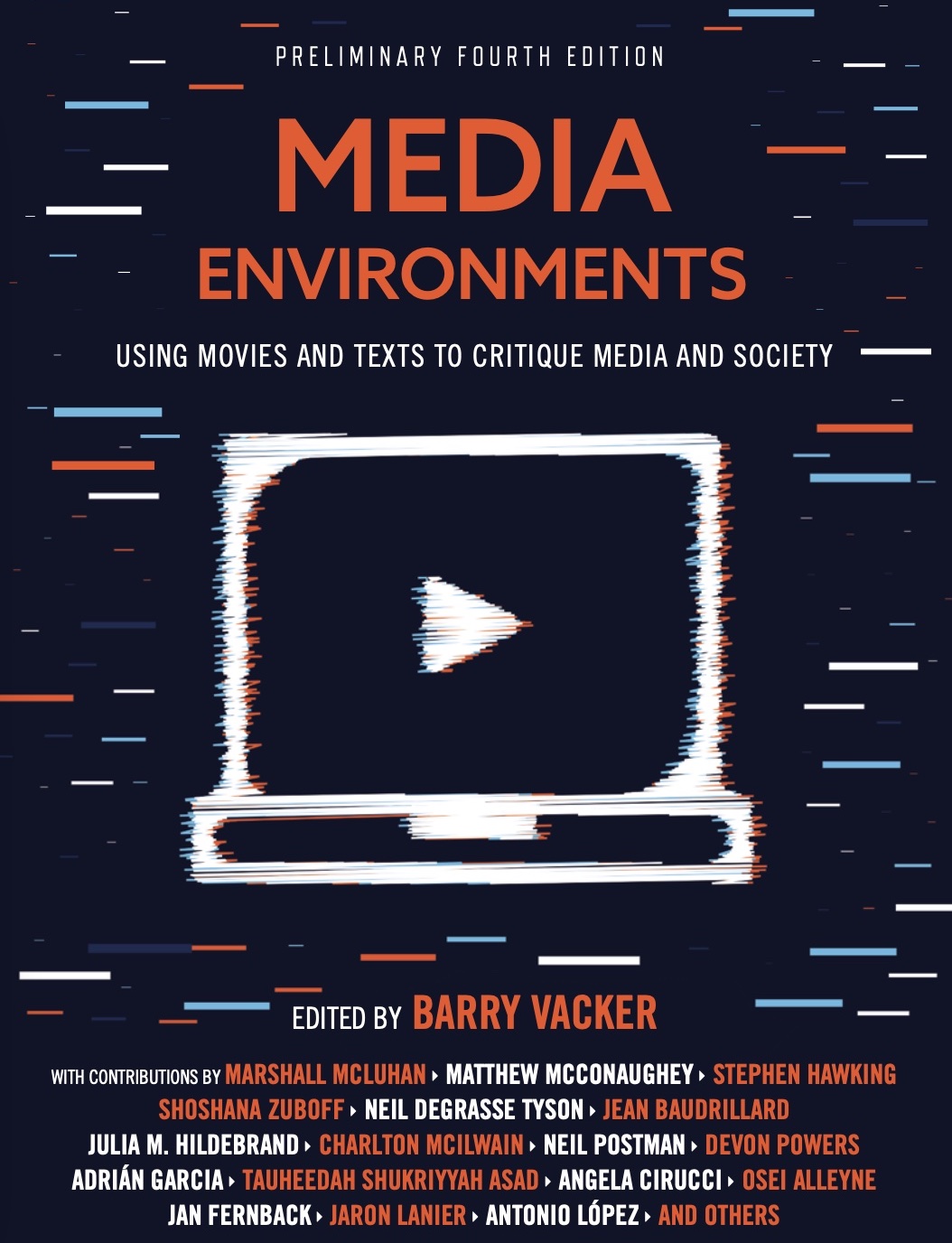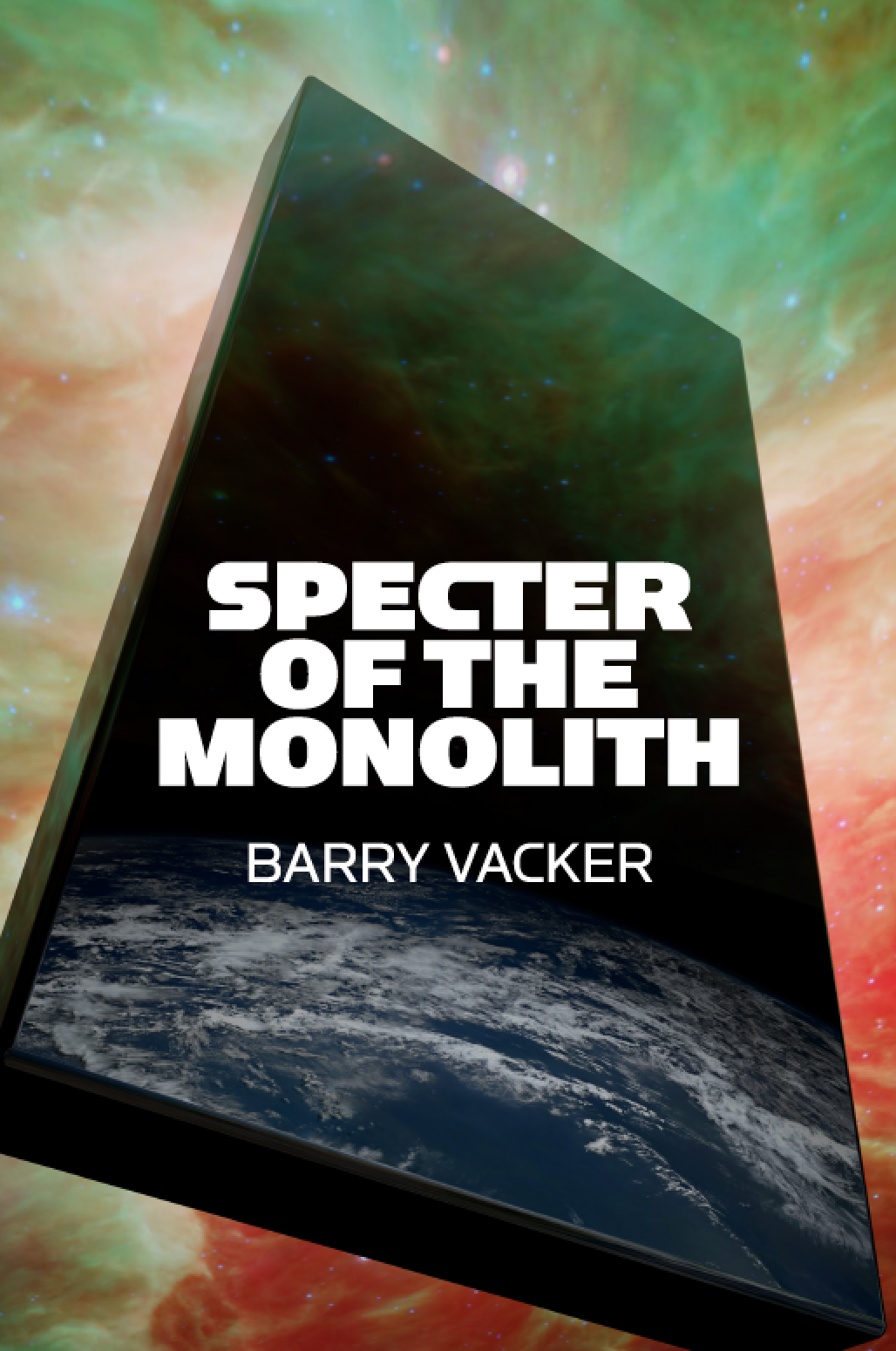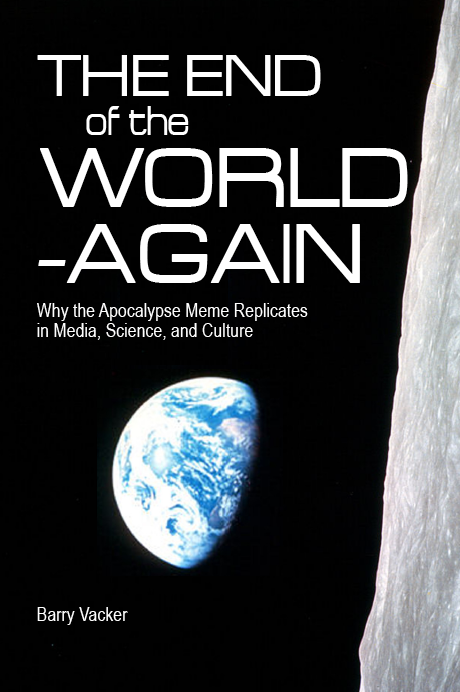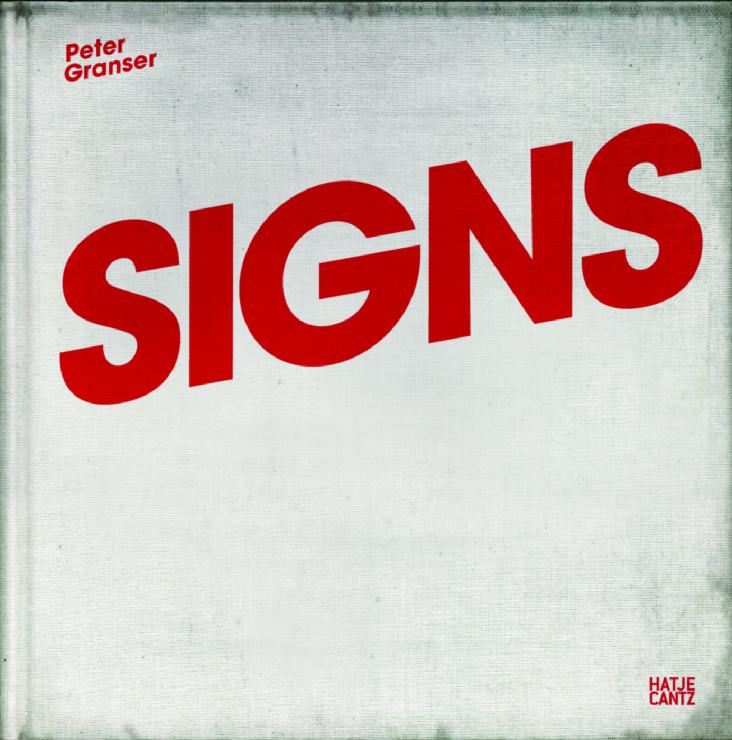BARRY — FOUNDER AND SOMETIMES DREAMER
Barry Vacker teaches media and cultural studies at Temple University, where he is an Associate Professor in the Department of Media Studies and Production. From 2009-2014, Barry served as the Faculty Teaching Mentor in the Klein College of Media and Communication. A full-time professor for 20+ years, Barry received his PhD (Interdiscplinary Studies: Communication, Philosophy, Law) from The University of Texas at Austin in 1995. Here are links to: 1 page Bio | Full CV | Academia.Edu
When not in Philadelphia during the summers, Barry may found hanging out in and around Marfa, Texas, where he owns some desert land with amazing sunsets and access to art, science, nature, and some crazily ambitious experimental projects. For more info on the Marfa area, including the Chinati Foundation, the McDonald Observatory, the Big Bend National Park, the Clock of the Long Now, and the Blue Origin space launch site, click here.
COURSES
Four of Barry's courses helped inspire the founding of the Center for Media and Destiny. Click on each link to view syllabus.
21st Century Media: Now and the Future
Media, Culture, and the End of the World
BOOKS AND FILM
Various publications also helped inpire the founding of the Center. Though Barry had yet to coin the term "cosmic media theory," most of his academic publications and experimental projects since 2006 have directly involved issues central to destiny, technology, and cosmic media theory. These include:
• Media Environments, 4th Edition (San Diego: Cognella Publishing, 2022). This highly innovative text anthology is based on a simple concept: combine movies with texts to critique media and society in the 21st century. Using film as a gateway to critical readings, students learn to think creatively and critically about media, society, technology, popular culture, and human destiny.

• Specter of the Monolith, Center for Media and Destiny (2017).
"Like David Bowie’s Major Tom, 'floating in a most peculiar way', Barry Vacker seems to contemplate Planet Earth through the porthole of a spacecraft. Via critiques of films like 2001 and Interstellar, Barry offers us a unique opportunity to step back and think of the contradictions of space exploration and our contemporary society. Barry shows we live in a 'post-Apollo' culture torn between a frenetic race towards ever more scientific-technological progress and a just as powerful fall-back into the cultural ideologies of dark tribal ages of the past.
For those who yearn for a shared destiny in a sane planetary civilization, Specter of the Monolith is a wonderful and inspiring work."
— Carine and Elisabeth Krecke, Internationally-renowned artists

 • The End of the World — Again. This is the first official book publication of the Center for Media and Destiny, 2012.
• The End of the World — Again. This is the first official book publication of the Center for Media and Destiny, 2012.
Doomsday scenarios. They proliferate in our culture, from economics to ecology, theology to technology, biology to cosmology, James Bond to Slavov Žižek, Plato’s Atlantis to Lars von Trier’s Melancholia. With creativity and critical insight, Barry Vacker shows why apocalyptic memes replicate and have built-in survival advantages. He also explains how the doomsdays reveal the deeper challenges facing human existence — the “philosophical apocalypse” effected by our lack of cosmic meaning in the vast universe. Have we really embraced our true existence on Spaceship Earth floating in the cosmos of the new millennium? Our calendars say we have passed the year 2000, but have we really entered the new millennium? The End of the World — Again offers an original, exciting, and, for some, terrifying critique of culture in 2012 and beyond.
 • The text for Peter Granser's art-photography book: Signs (Stuttgart: Hatje Cantz in Stuttgart and the Chicago Museum of Contemporary Photography, 2008). Granser is a German photographer specializing in American culture. The book and photos have been featured in galleries and exhibitions throughout Germany and in Chicago, New York City, Lianzhou (China), Houston, and Brussels.
• The text for Peter Granser's art-photography book: Signs (Stuttgart: Hatje Cantz in Stuttgart and the Chicago Museum of Contemporary Photography, 2008). Granser is a German photographer specializing in American culture. The book and photos have been featured in galleries and exhibitions throughout Germany and in Chicago, New York City, Lianzhou (China), Houston, and Brussels.
Inspired by Peter's stark and perceptive photos of neo-conservative, fundamentalist, and patriotic culture in Texas (Barry's home state) and entitled, "Lone Stars, Lost Amidst the Big Bang," the text theorizes these conditions: 1) the crash of the space age, 2) humans feeling a deep sense of "cosmic vertigo," and 3) and a cultural reversal in America and humanity's inability to imagine a meaningful destiny on earth and in the expanding universe of vast voids and billions of galaxies. Though the text does not yet mention "cosmic media theory," the central topics of the essay include the effects of cosmic media technologies, how humans have responded to not being the center of the universe, and what it means in post-millennial culture, so far. This is surely one of the most innovative essays written about America and culture in the new millennium.
• Space Times Square: the 2008 experimental film that was all about cosmic media theory, though it did not use that term. Written and directed by Barry, the 24-minute film has screened at festivals and conferences around the world. The film also won a prestigious international award from the Media Ecology Association: The 2010 John Culkin Award for Outstanding Praxis in Media Ecology. More details about the film are available here.
For more info on Barry's works, click here: Website
